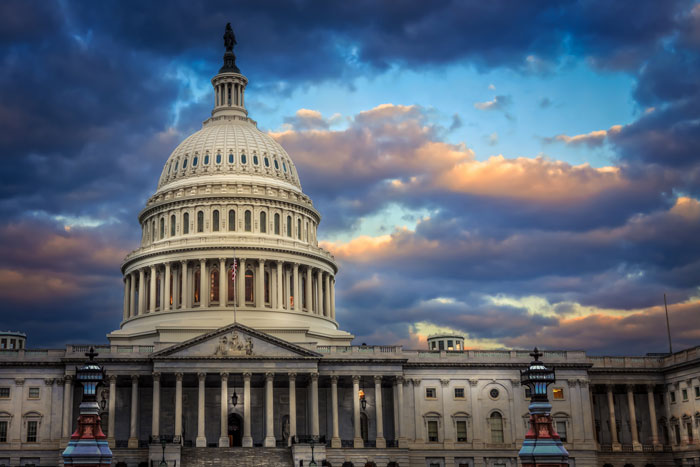We have heard an outpouring of anger and fear from our members since the President’s budget proposal was released on March 16th. As GSA President Lynn Cooley and Vice-President Jeannie Lee argued last week, the proposed gutting of federal research budgets would be terrible for science—and worse for society. But this is just a proposal. Congress ultimately decides the fate of the budget, and you can make a difference.
Here are nine quick ideas for how to advocate for science funding without needing to leave town, quit your job, or run for office:
- Call your senators and representatives. Find the contact details of your elected officials via the FASEB Legislative Action Center. This act alone may not change a policymaker’s mind, but it remains a vital step in registering your concern. Check out this interesting article on the impact of phone calls to Congress.
- E-mail, fax, and tweet your senators and representatives. E-mail concerns from constituents are logged much like phone calls, which is particularly useful if phone systems become overwhelmed. Archaic or not, fax is another way you can make sure your concerns are logged if the phones are down. Don’t worry, you can fax from your phone! Here’s an article on the resurgence of faxes to Congress. You can also use Twitter to directly and (publicly) contact senators and representatives. Whatever the medium, remember to include information on how cuts would affect local constituents (you can find some of this information via FASEB’s factsheets on federal funding by state/district).
- Encourage senators and representatives who support science to speak out, no matter what side of the aisle. NIH funding, in particular, has traditionally seen bipartisan support. For example, both the Republican chair (Rep. Tom Cole, R-OK) and the ranking Democrat (Rep. Rosa DeLauro, D-CT) on the House Appropriations Committee that oversees NIH funding have already criticized the proposed cuts to the NIH. Make sure science supporters from both parties know that their work is appreciated, particularly those on relevant Appropriations committees.
- Organize a letter-writing party at your institution. Harness your colleagues’ energy to make it a fun and newsworthy event. This suggestion was inspired by a graduate student advocacy and policy group at Emory University.
- Talk to your friends, family, and other community members about the importance of basic research and encourage them to contact their own legislators.
- Meet with your local community. Contact your institution’s science outreach office for local opportunities and training. Offer to give presentations to schools, community, or civic groups on your own research and how science can serve society. Here’s a quick guide for how to get started in science outreach and some outreach resources from ASBMB.
- Participate in town halls and other local events that involve your representatives. Ask questions. Tell your story. Personal narratives often strike a chord.
- Write an op-ed or letter-to-the-editor. Your local media can be a particularly powerful method for reaching representatives. Here’s some good advice on writing op-eds from AAAS.
- Join a March for Science event on April 22nd. GSA is an official partner of March for Science. These marches are not only a way to demonstrate your concern about research budget cuts and to show support for the importance of research and of evidence-based policy decisions, but to protest government policies that impede science and harm scientists. Join the many members of the public who will be attending marches at more than 400 locations around the world.
There are many more ways to advocate for science and for scientists to better engage with the community. Get started by learning from some of our partner organizations and coalitions using these advocacy toolkits:
Don’t forget to sign up for their e-mail action alerts!
You should also check out these excellent advocacy tips from GSA’s Early Career Scientist Steering Committee Co-chair Alexandra Erwin, including links to videos of the advocacy symposium she attended.
And of course, for those who can make it to DC (or live there), meeting your elected officials and their staff in person is a powerful way to make a difference. See FASEB’s guide to requesting a meeting and read Ahna Skop and Jeff Leips’ guest posts about their advocacy efforts.































